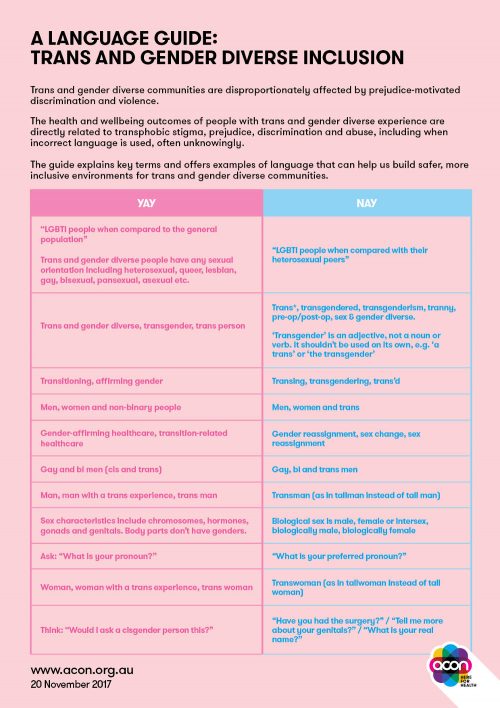Well. You know that #NotAllMen hashtag? Somebody quantified it to find out exactly how many men, and the results are not encouraging.
The research group asked over 1,000 Americans “What do you think counts as sexual harassment?” in an online survey. They were told to select all that apply.
The survey found that 91 percent of women and 83 percent of men thought “being forced to do something sexual” fit the bill.
If that doesn’t count as sexual harassment, what does? Who are the 17 percent of men and 9 percent of women who don’t agree?
Men were even less likely to characterize behaviors that didn’t involve physical touch as sexual harassment. Twenty-four percent thought flashing someone doesn’t count and 30 percent thought making sexual comments about someone’s body isn’t harassment.
So…1 in 6 of your male friends think they can find an excuse for forcing themselves sexually on a woman, and 1 in 4 think that sending a dick pic is not harassment. So it’s true, it’s not all men, but it’s also not just a couple of nasty felons hanging out in a dark alley — it could be 80 million ordinary, ignorant, selfish American men.





